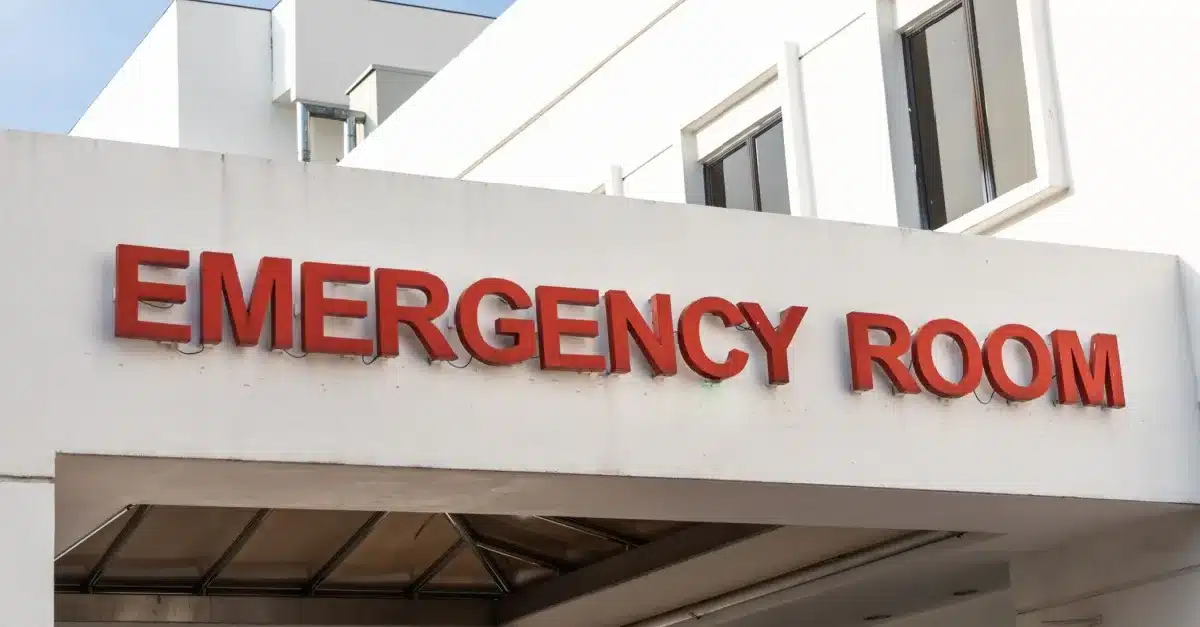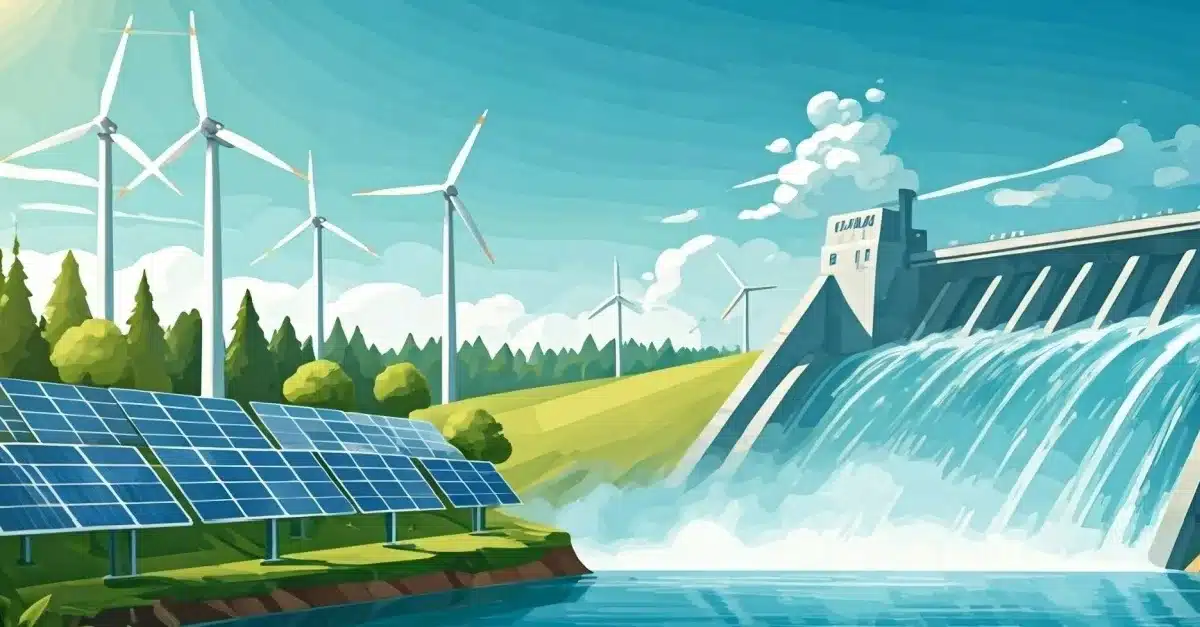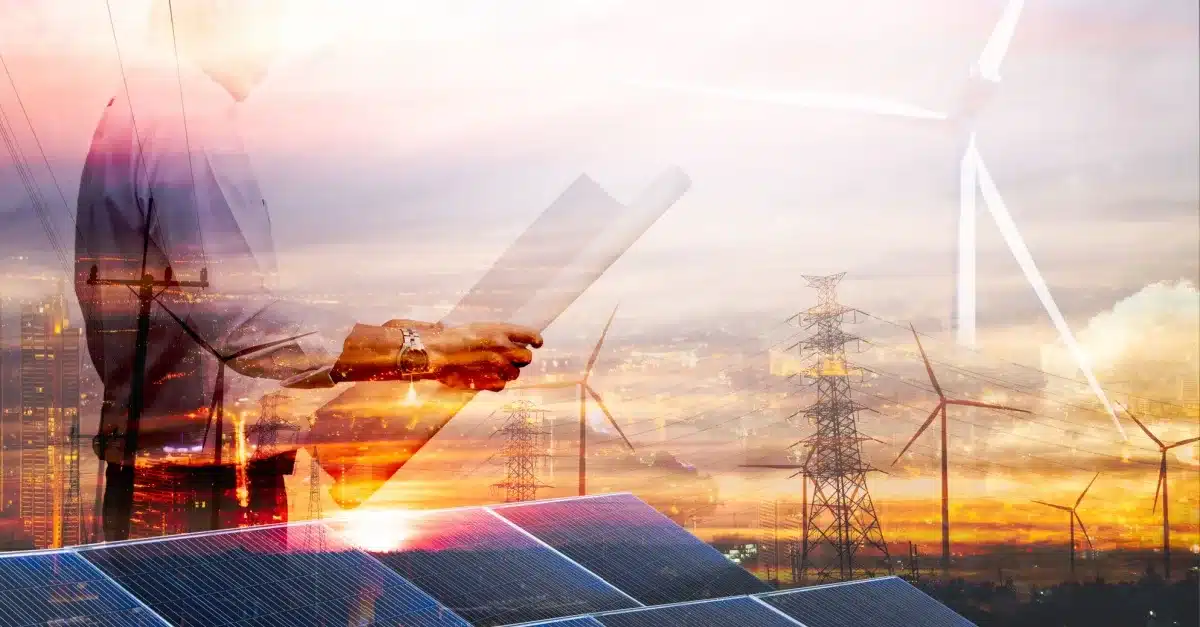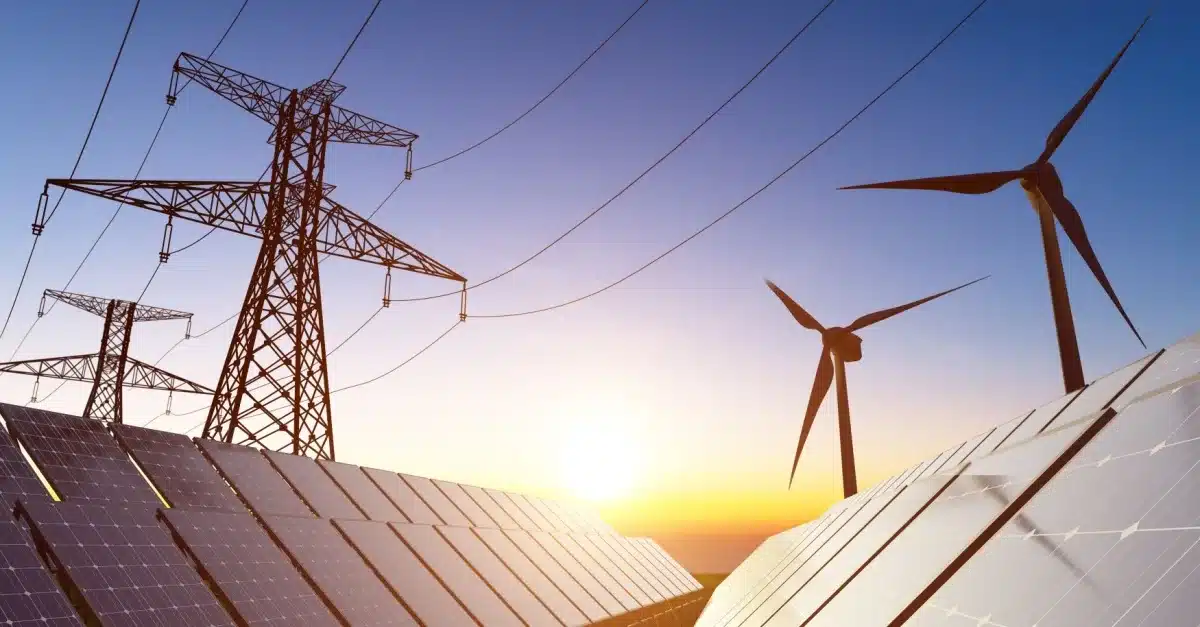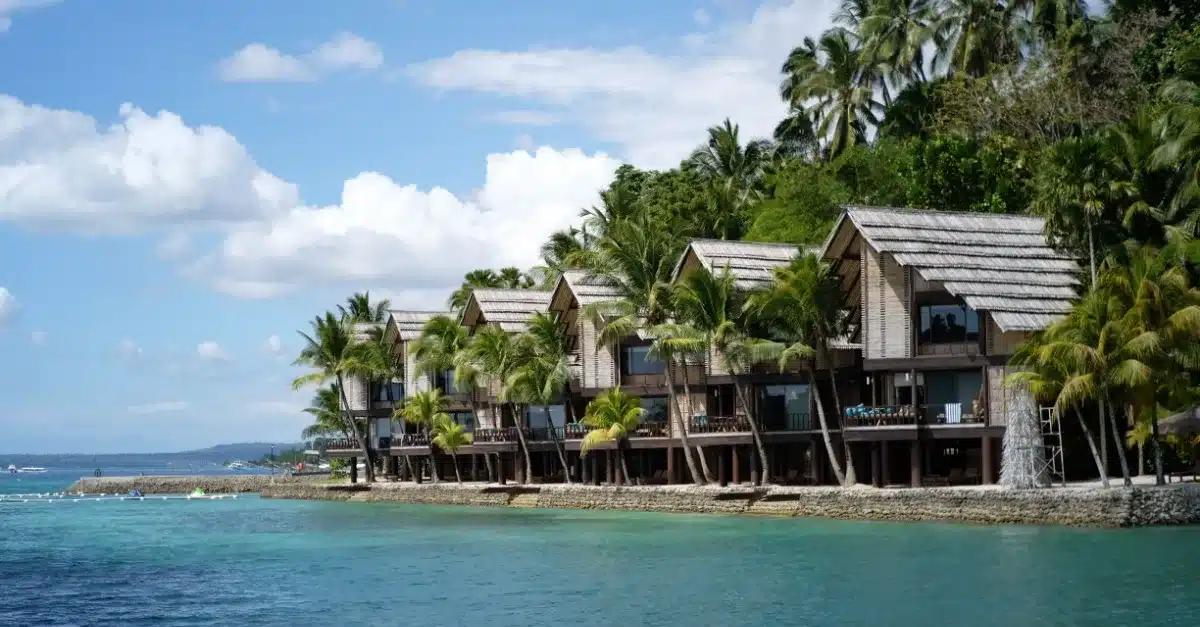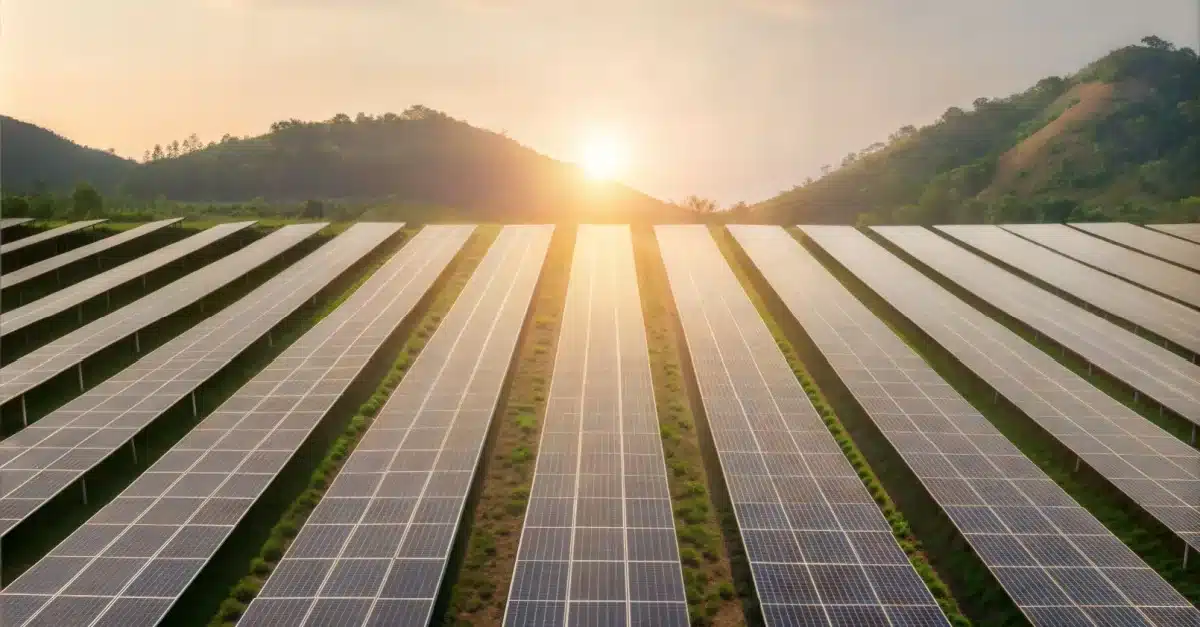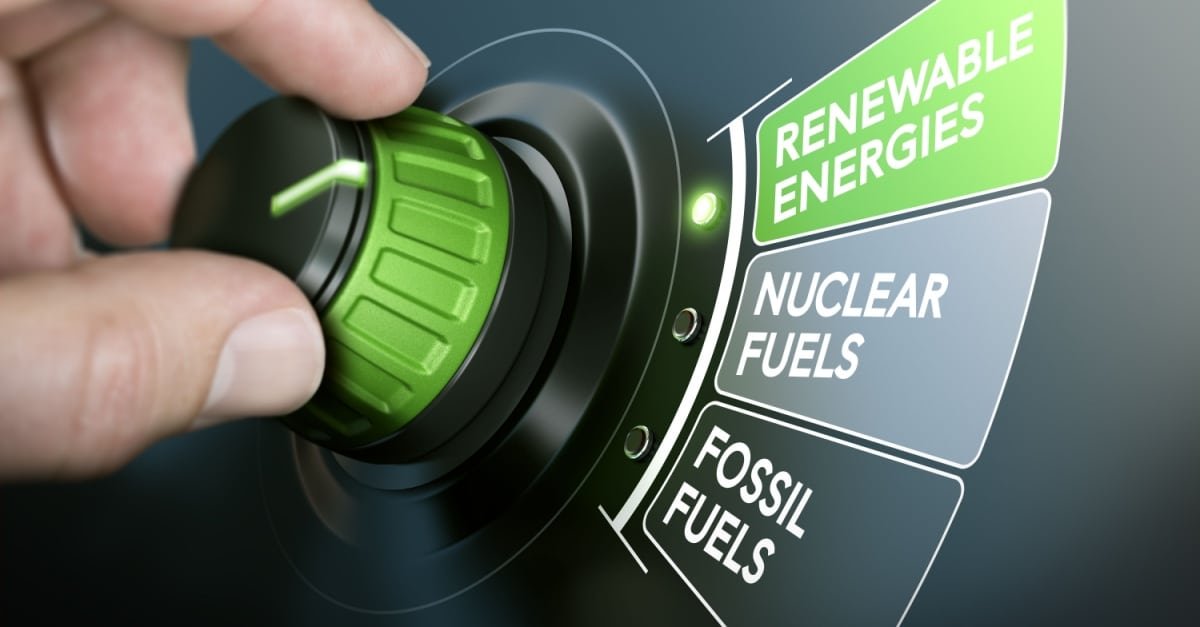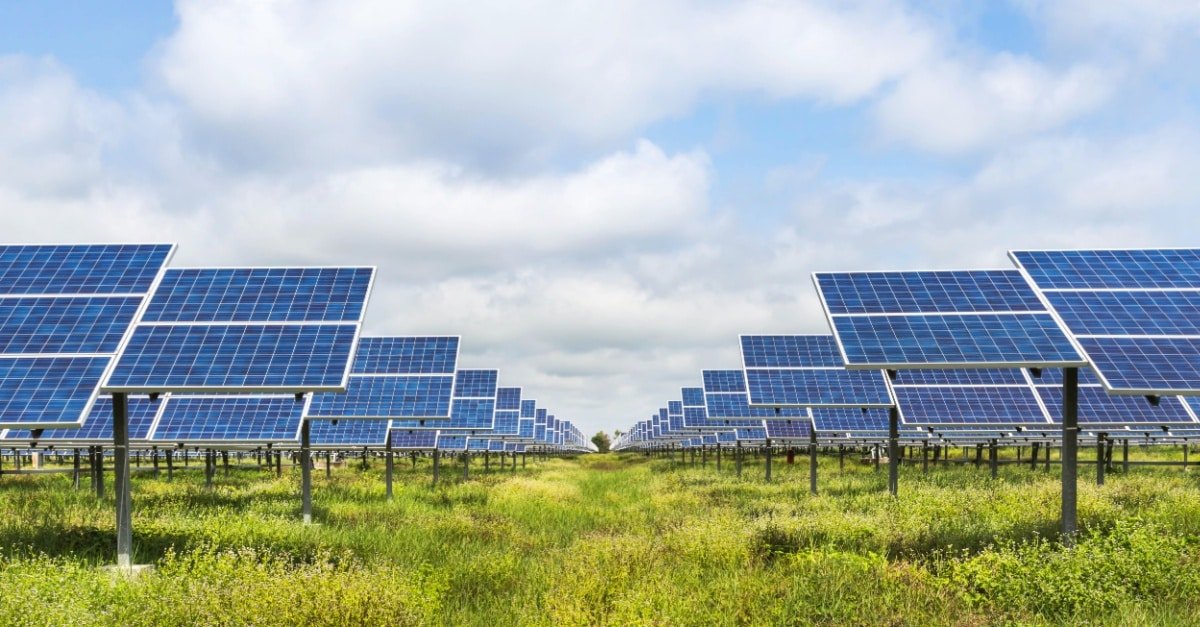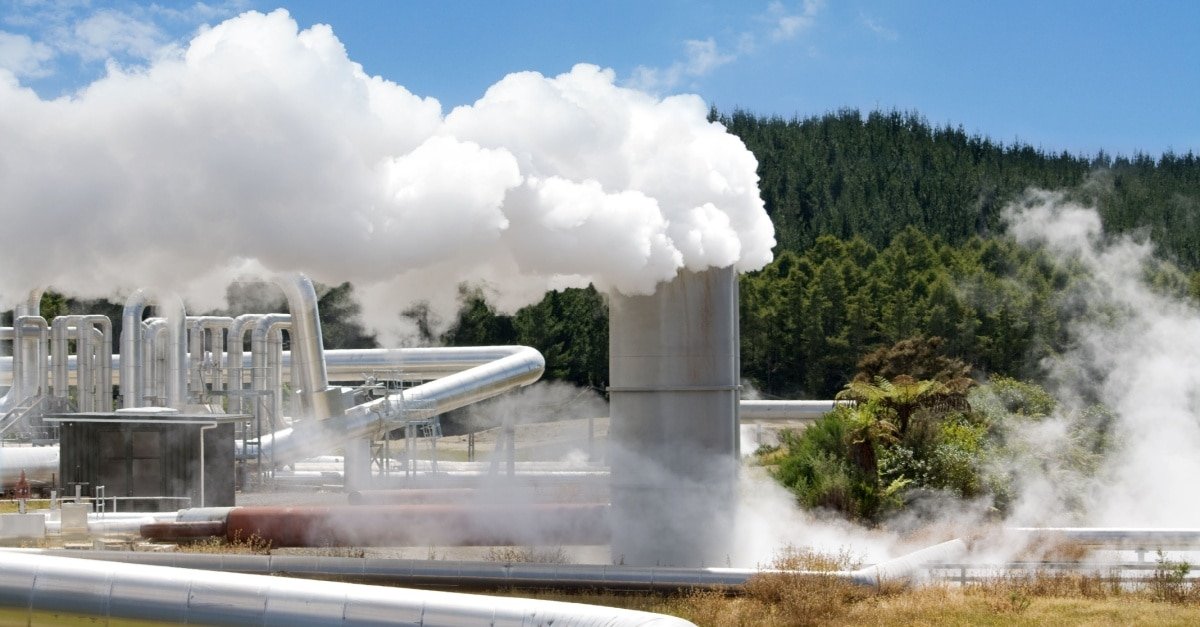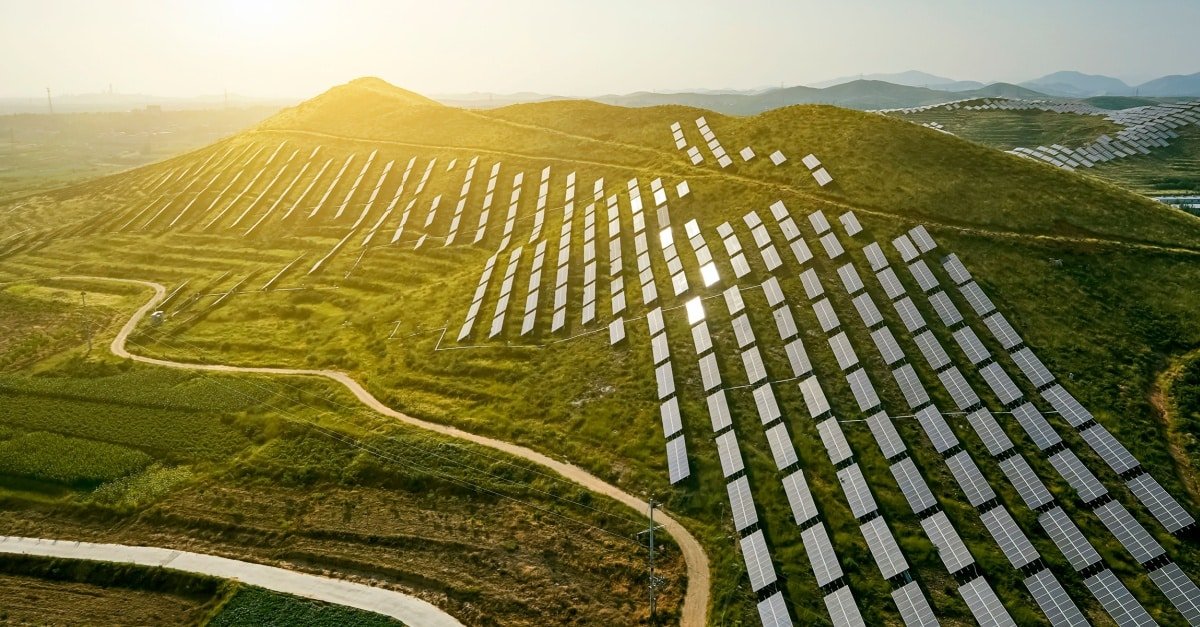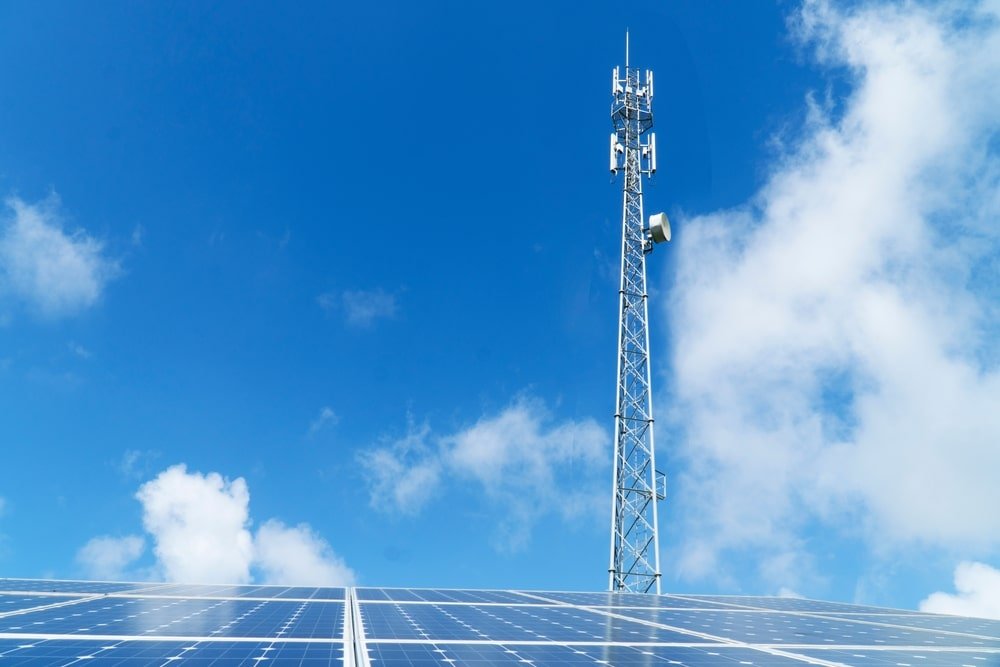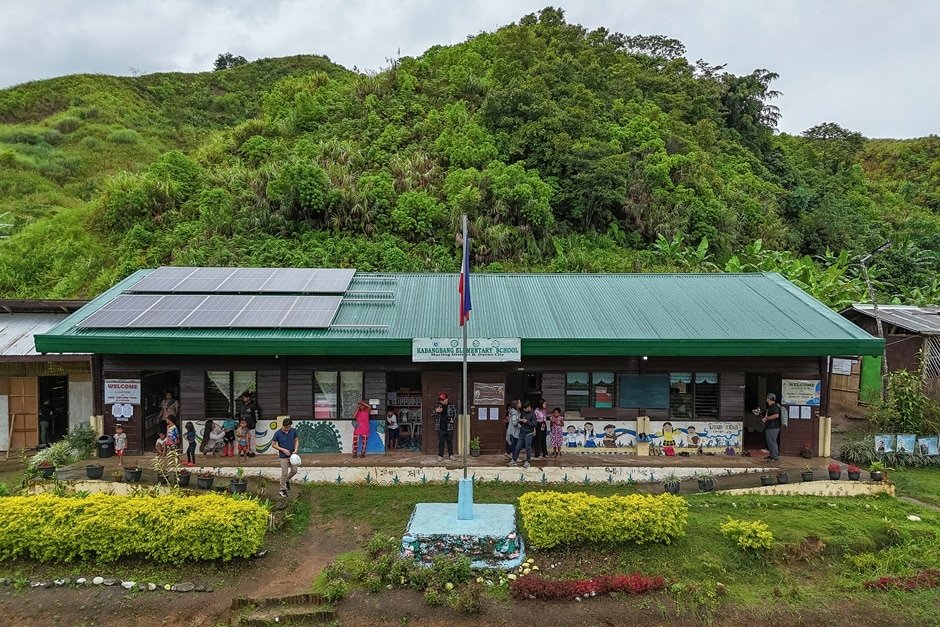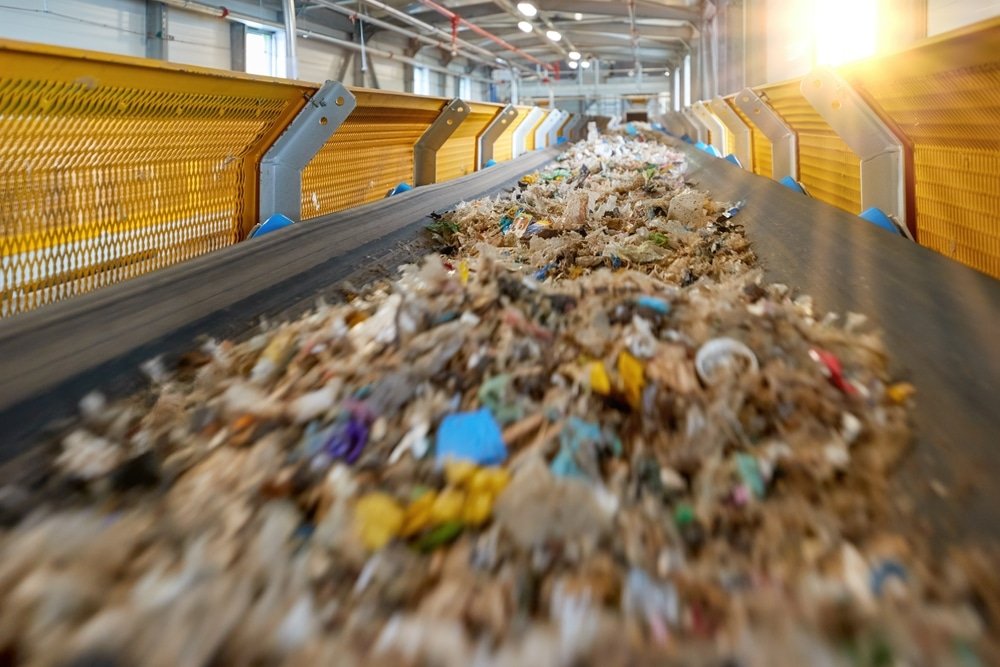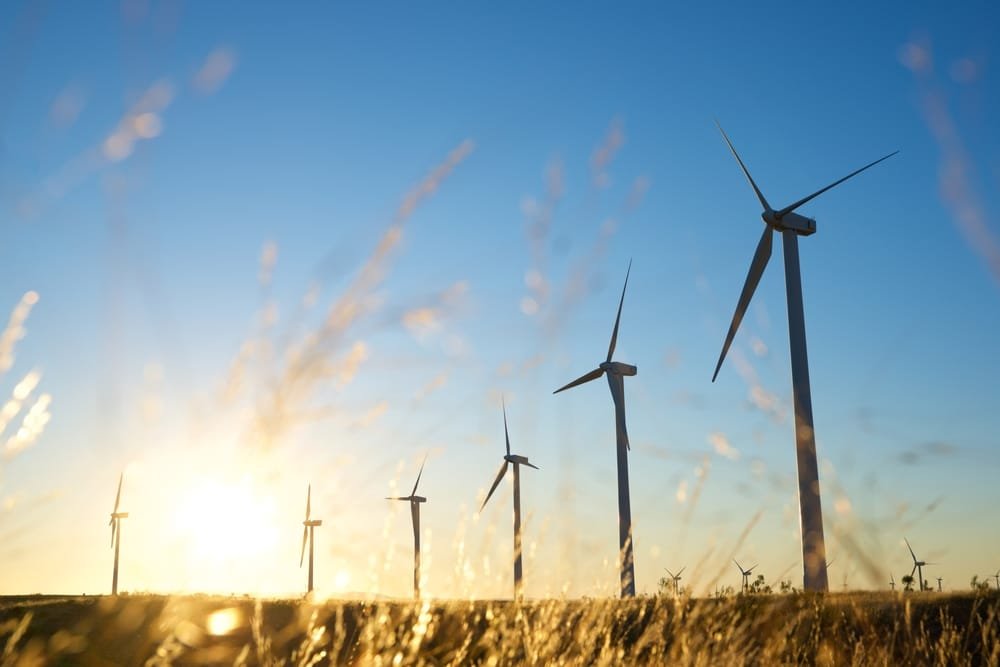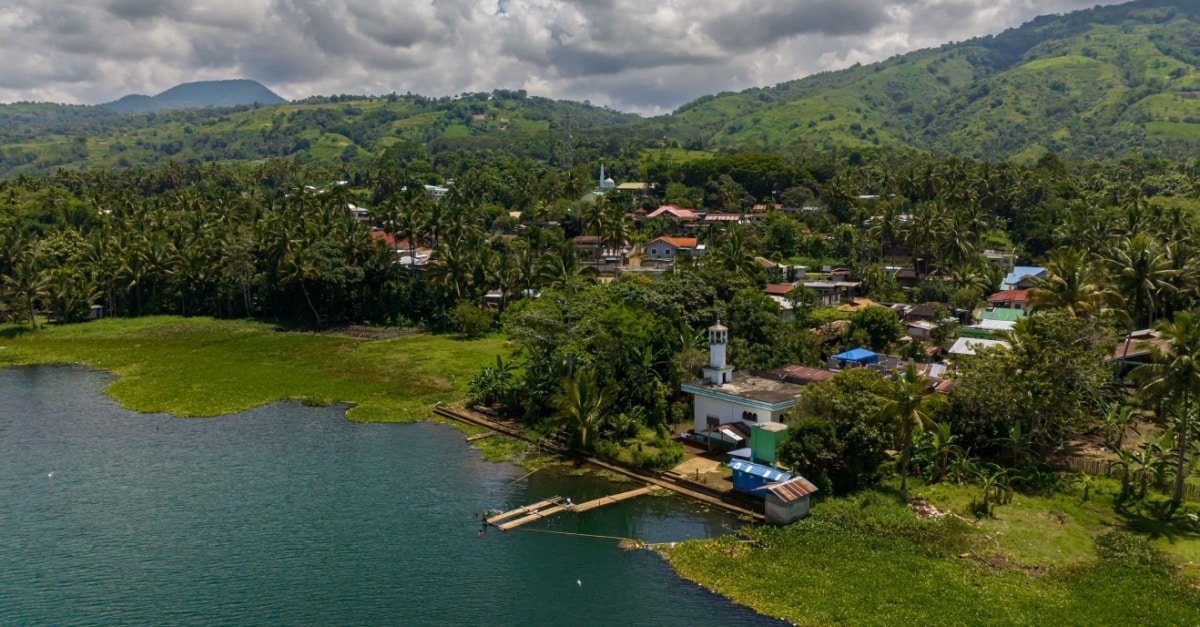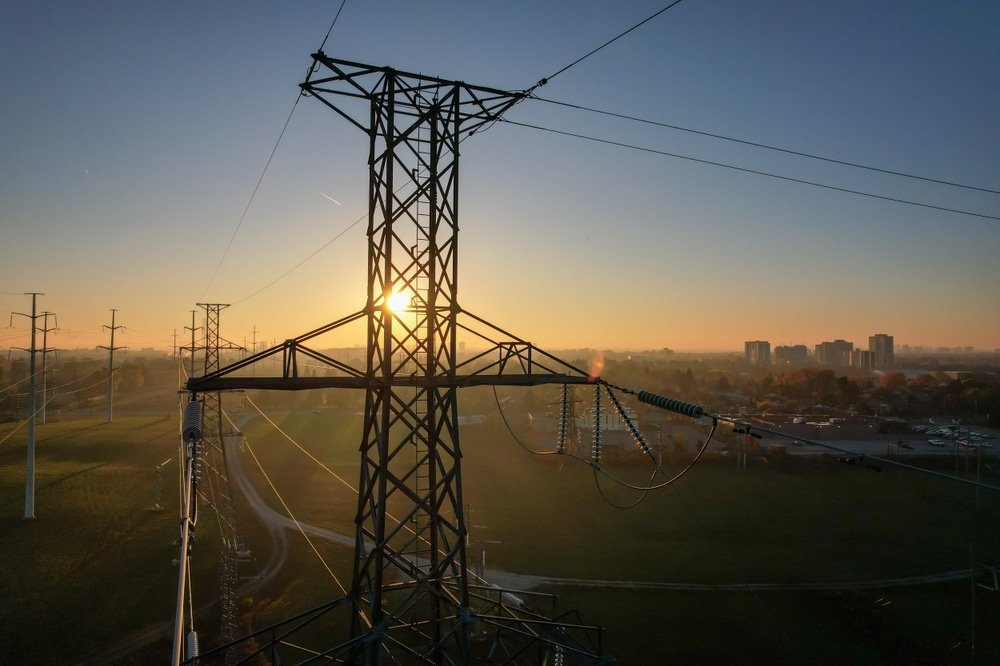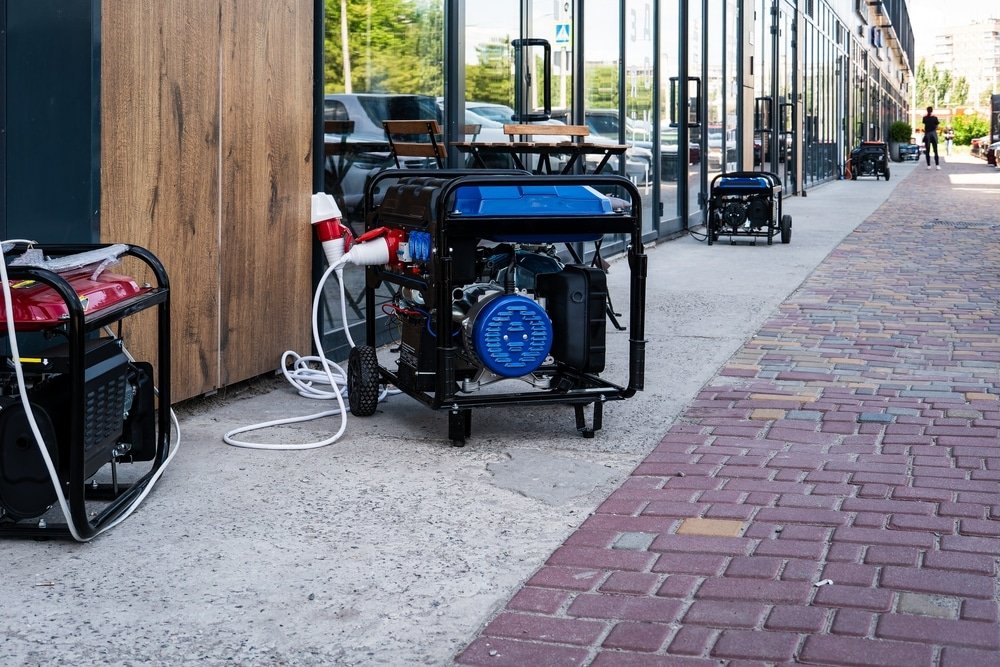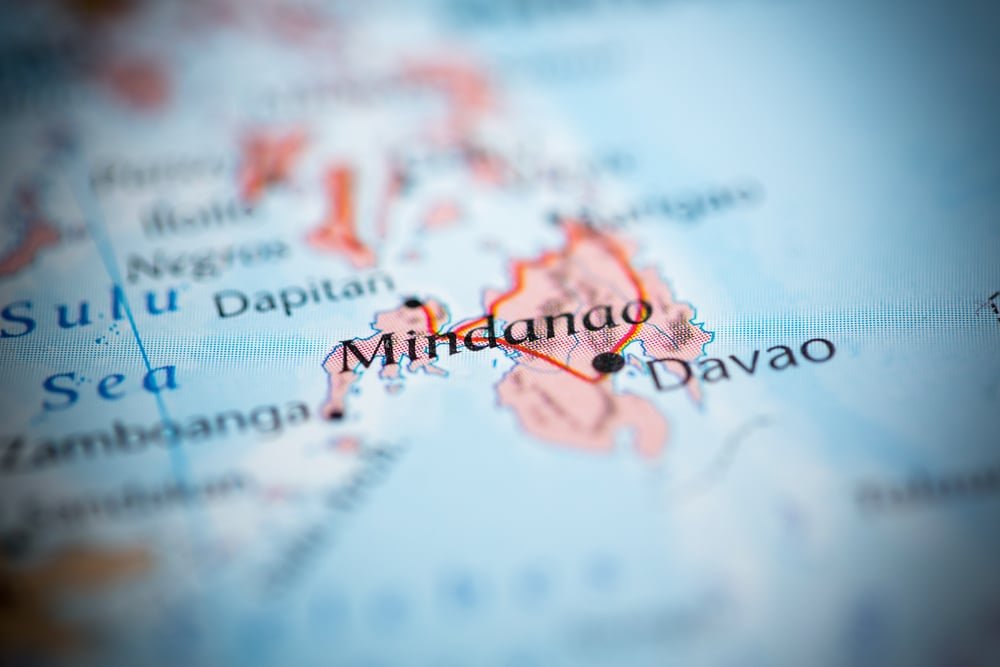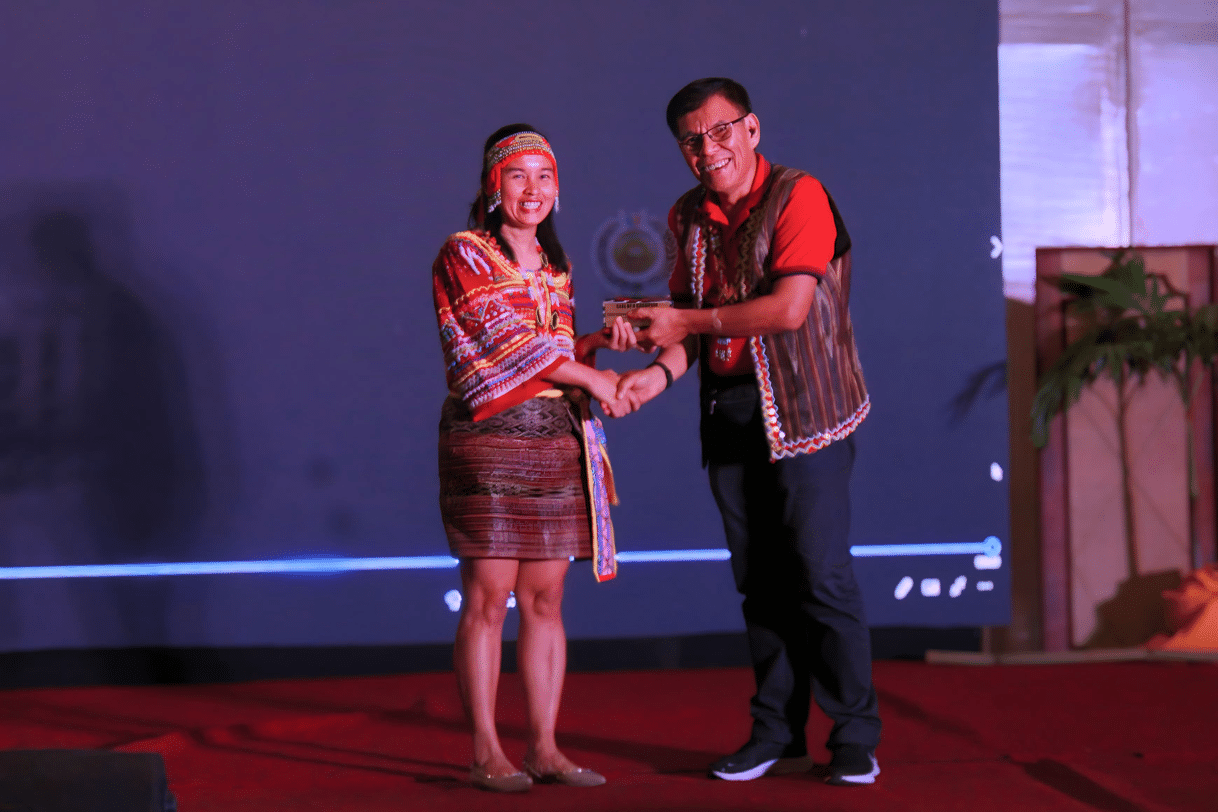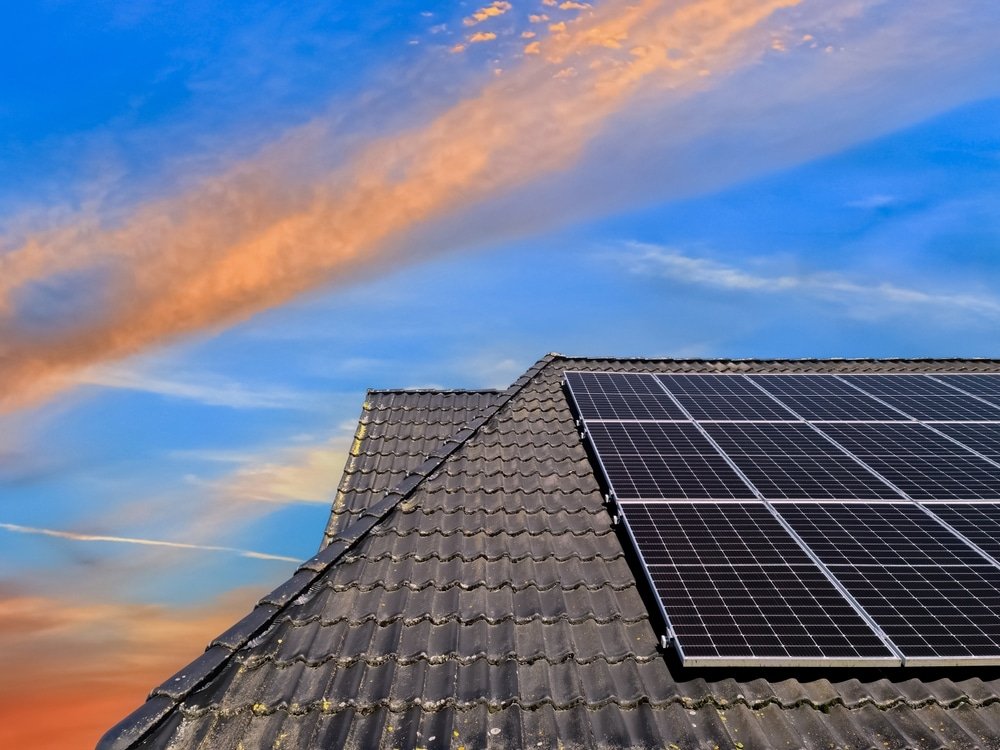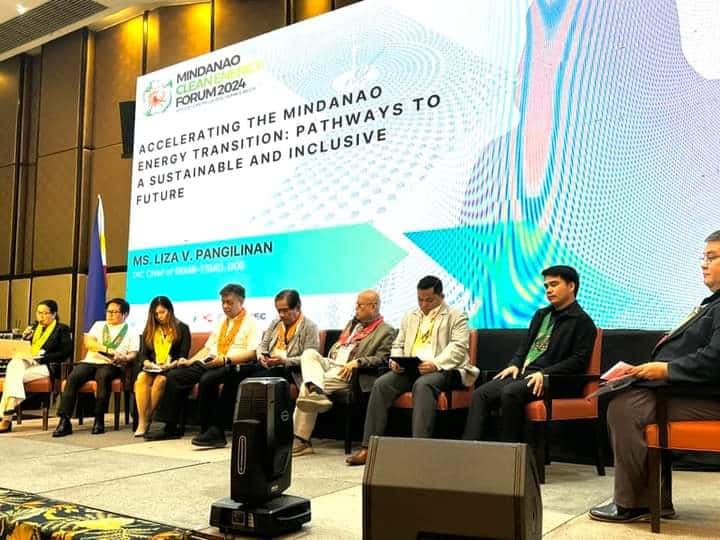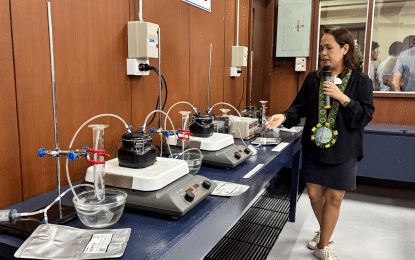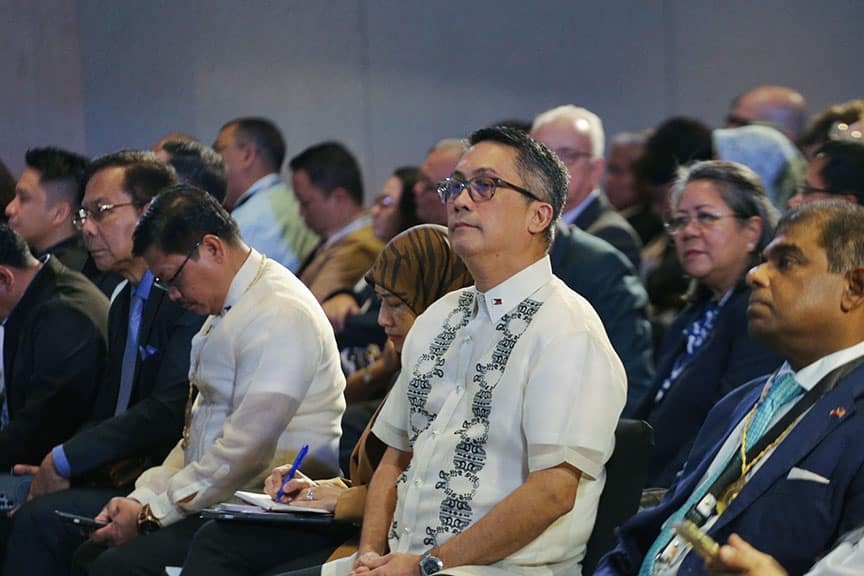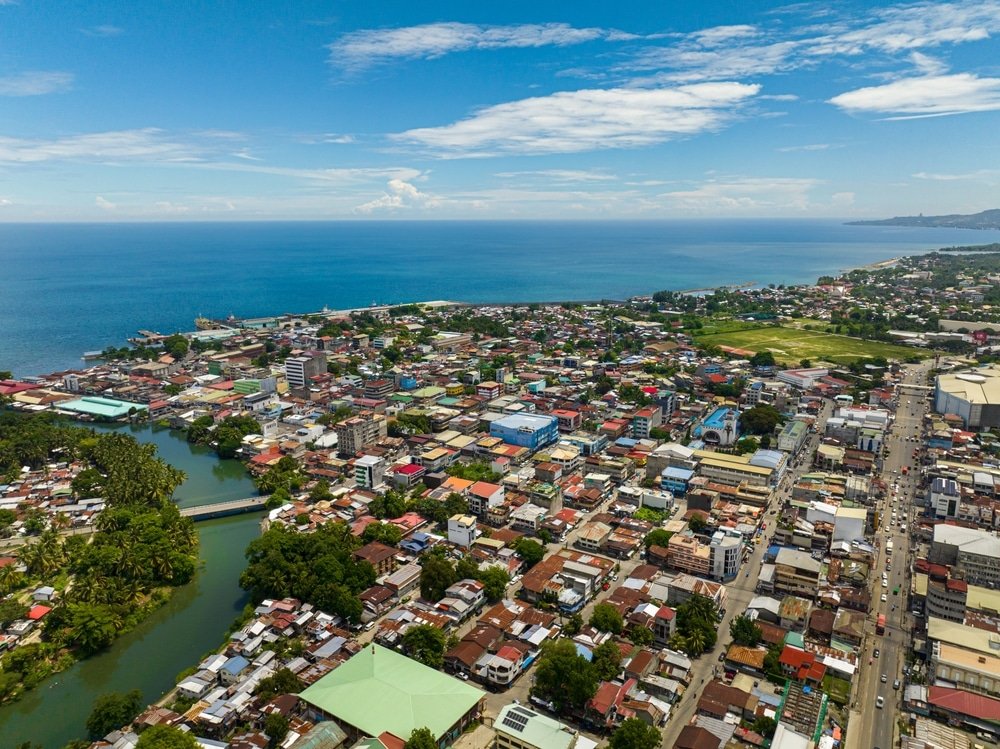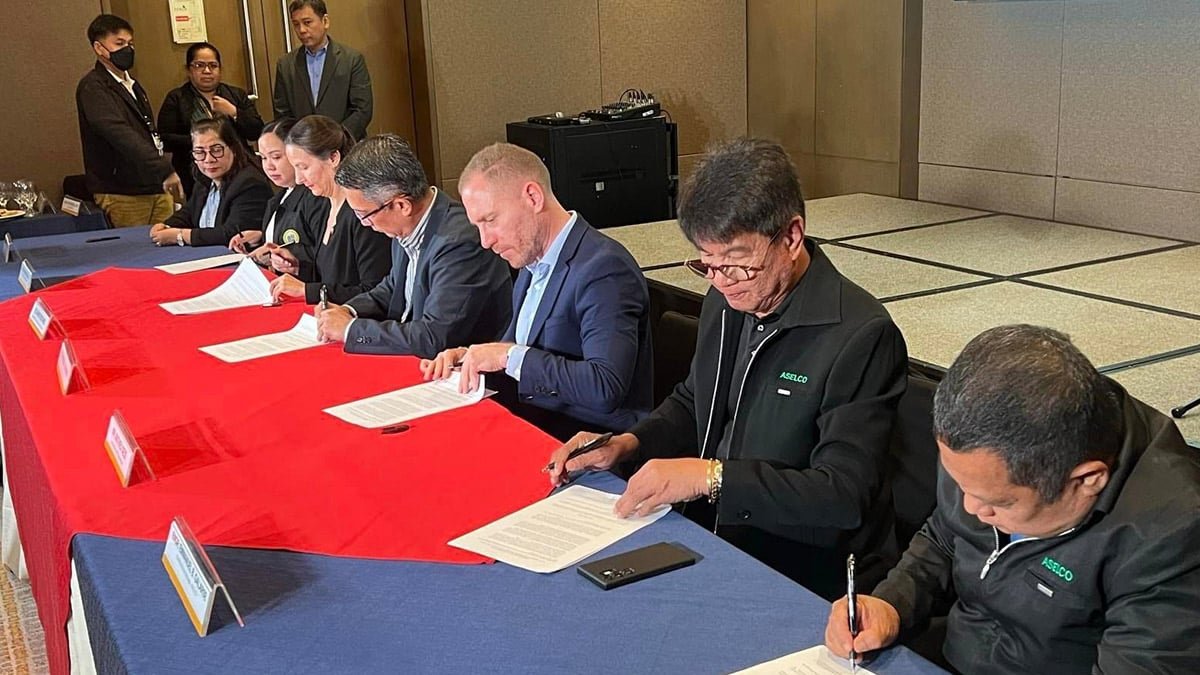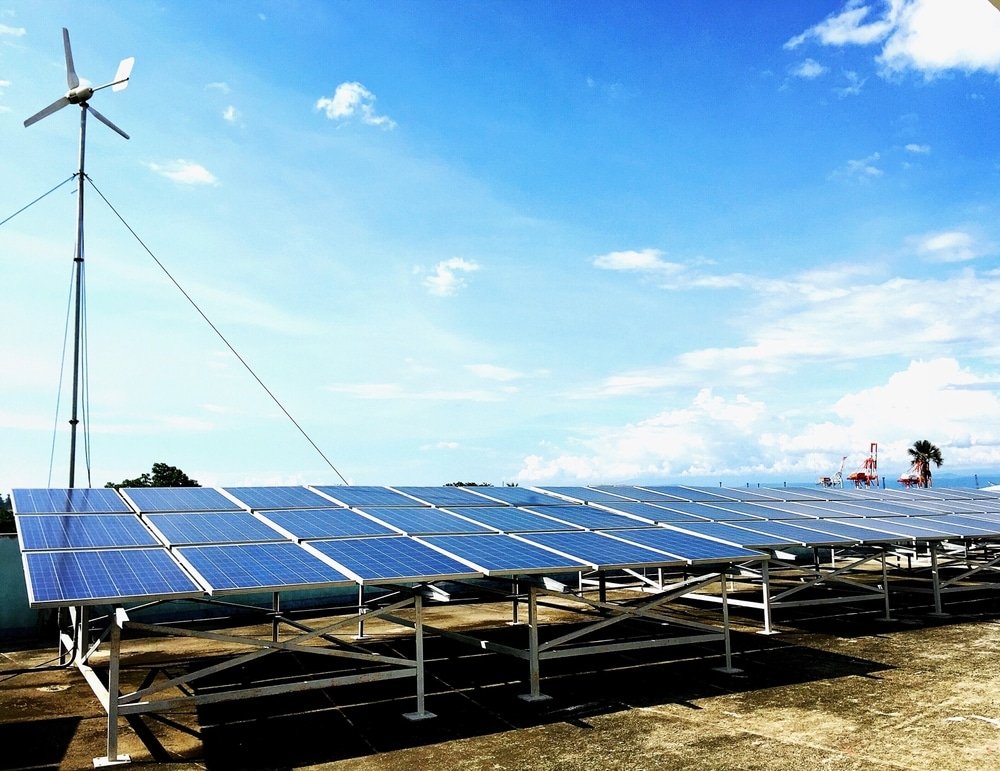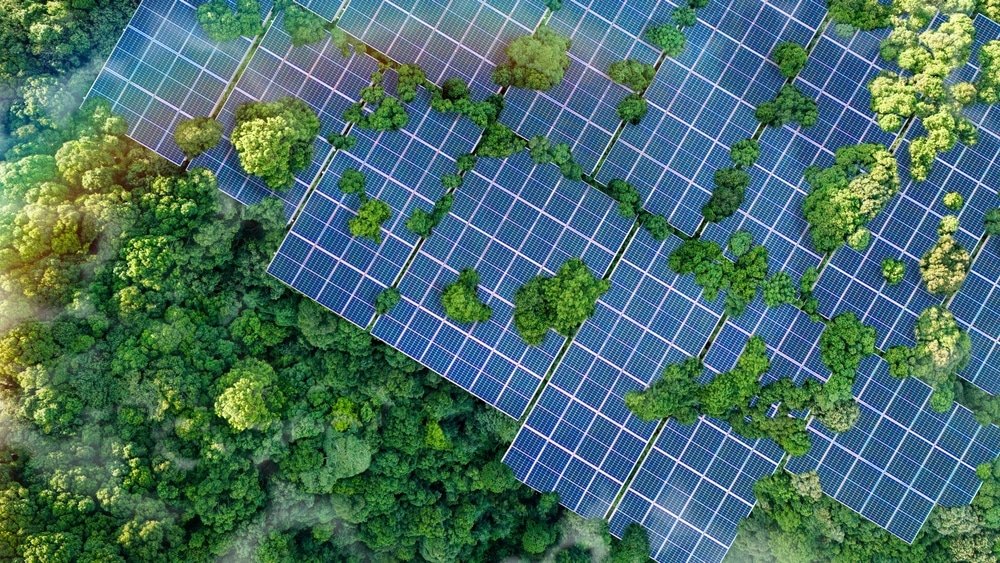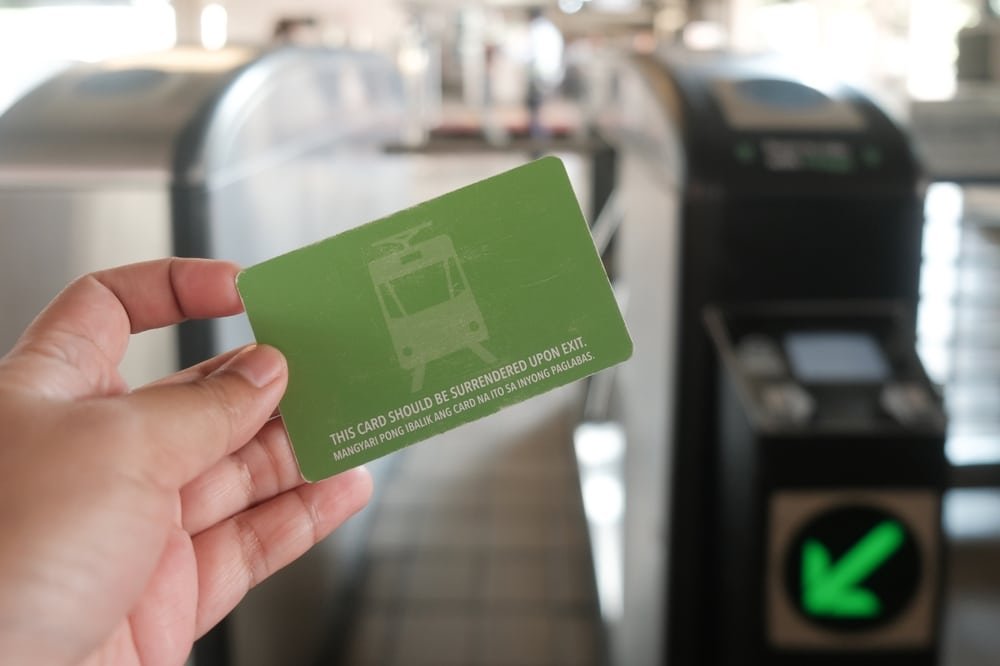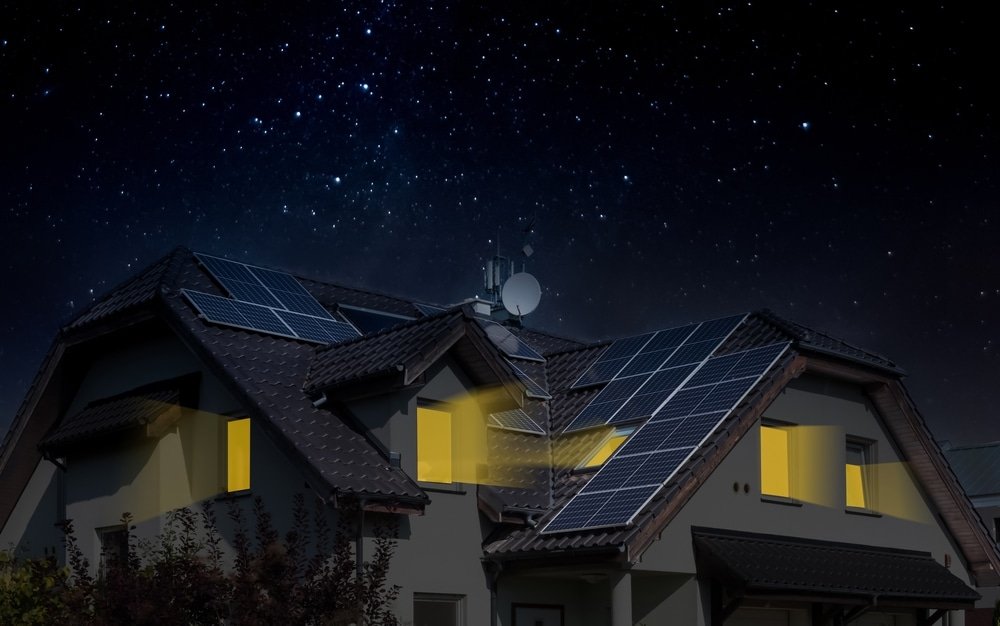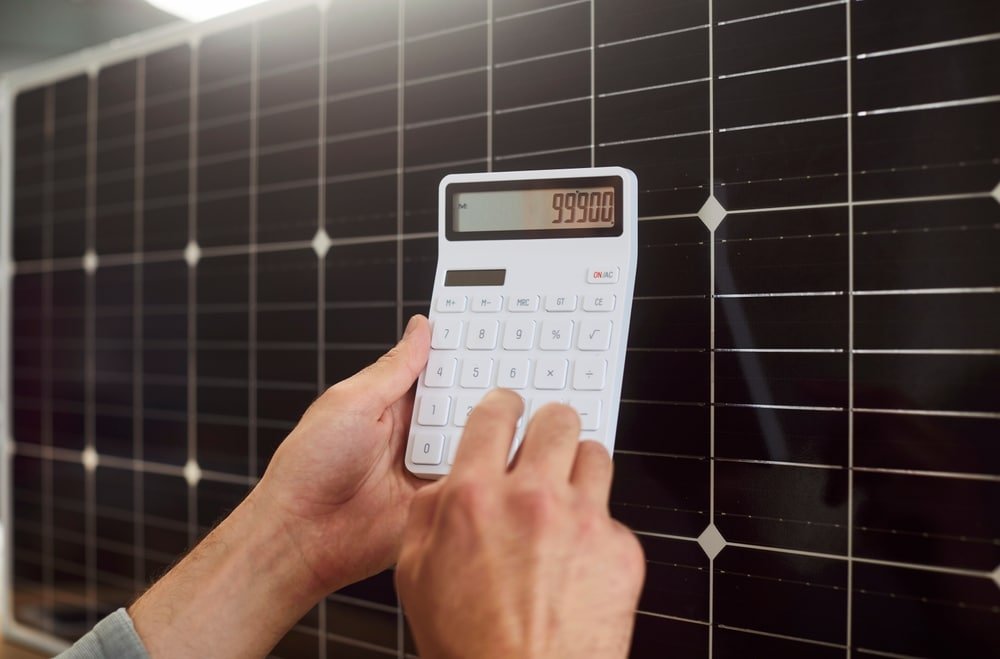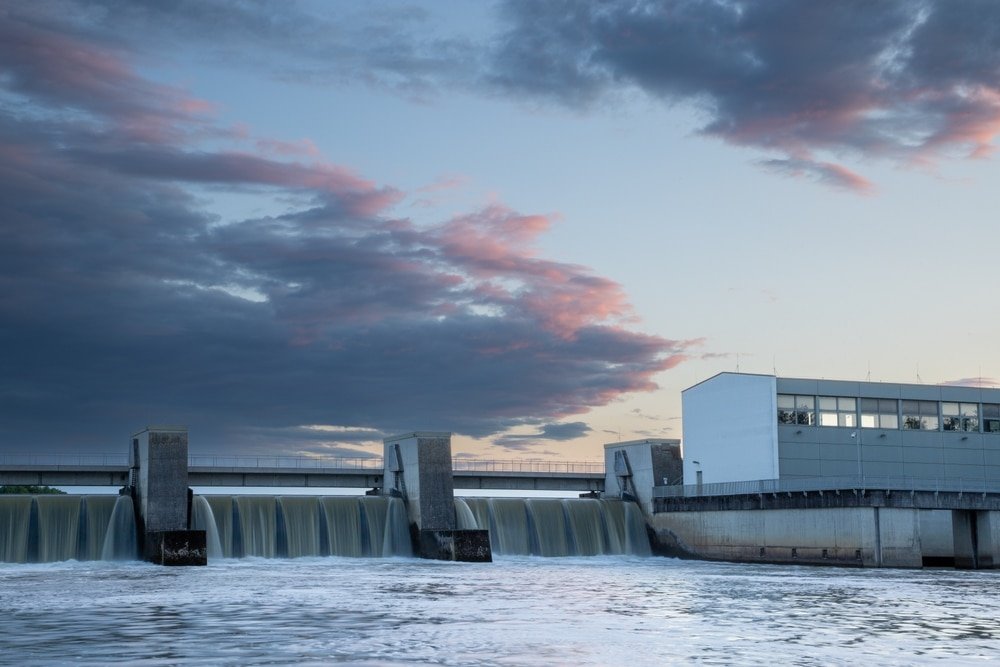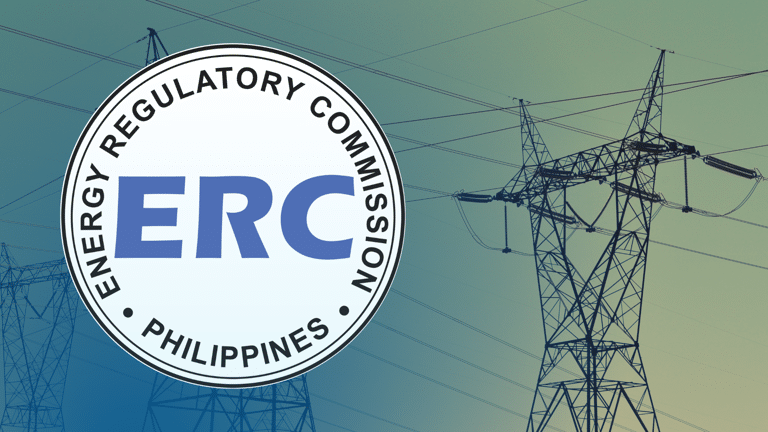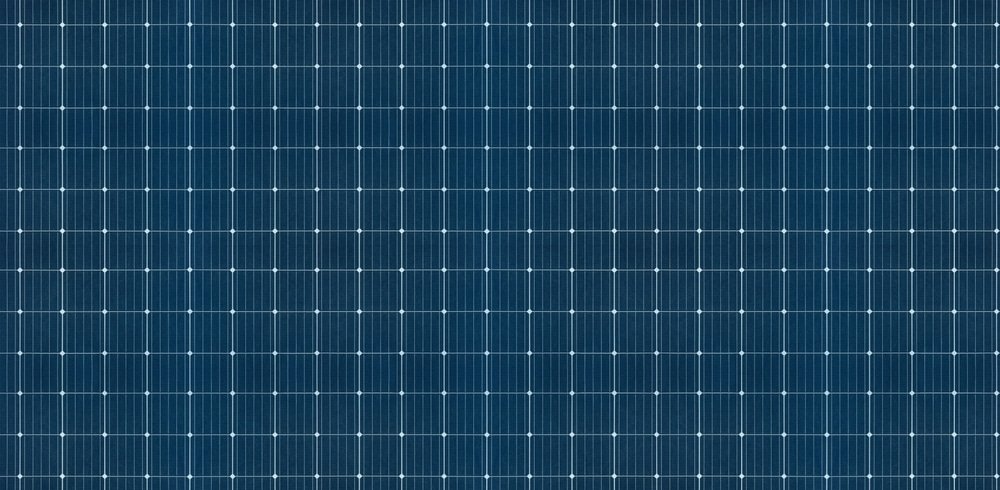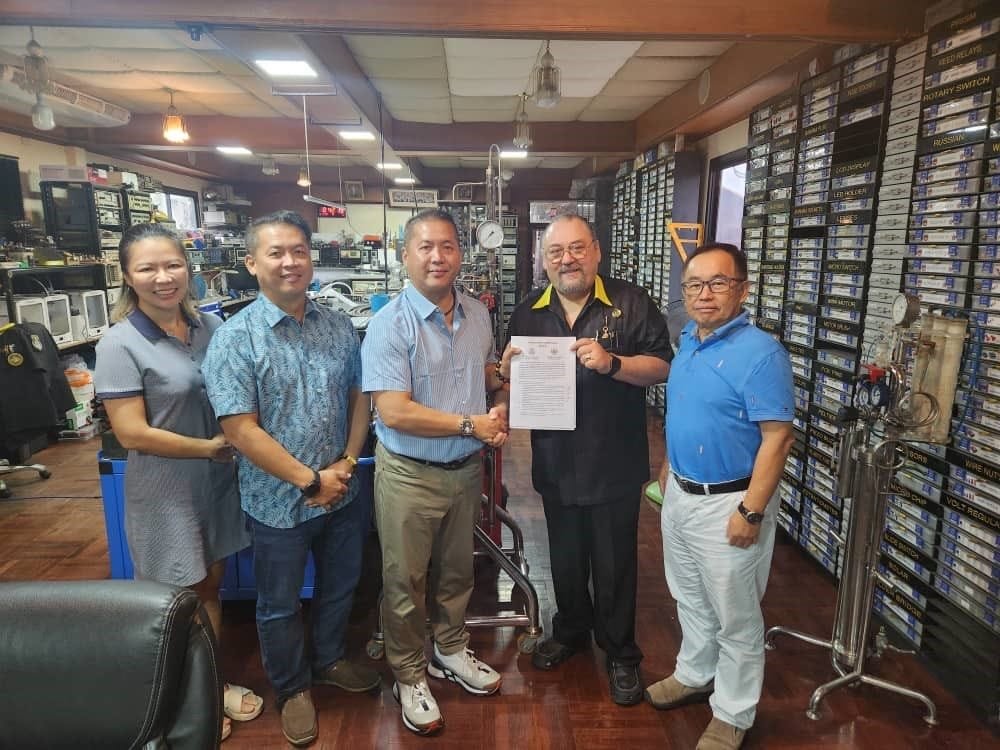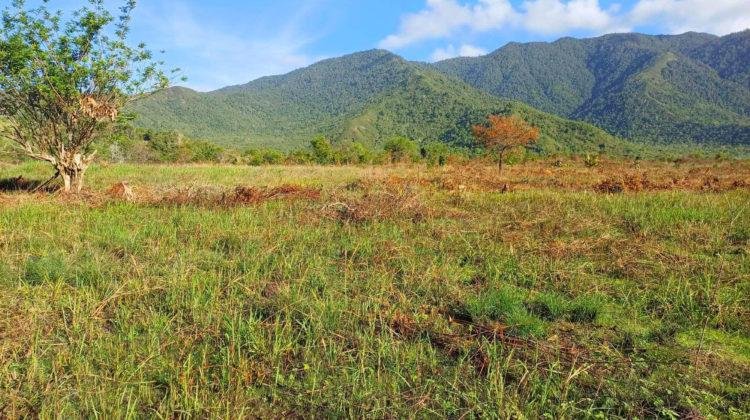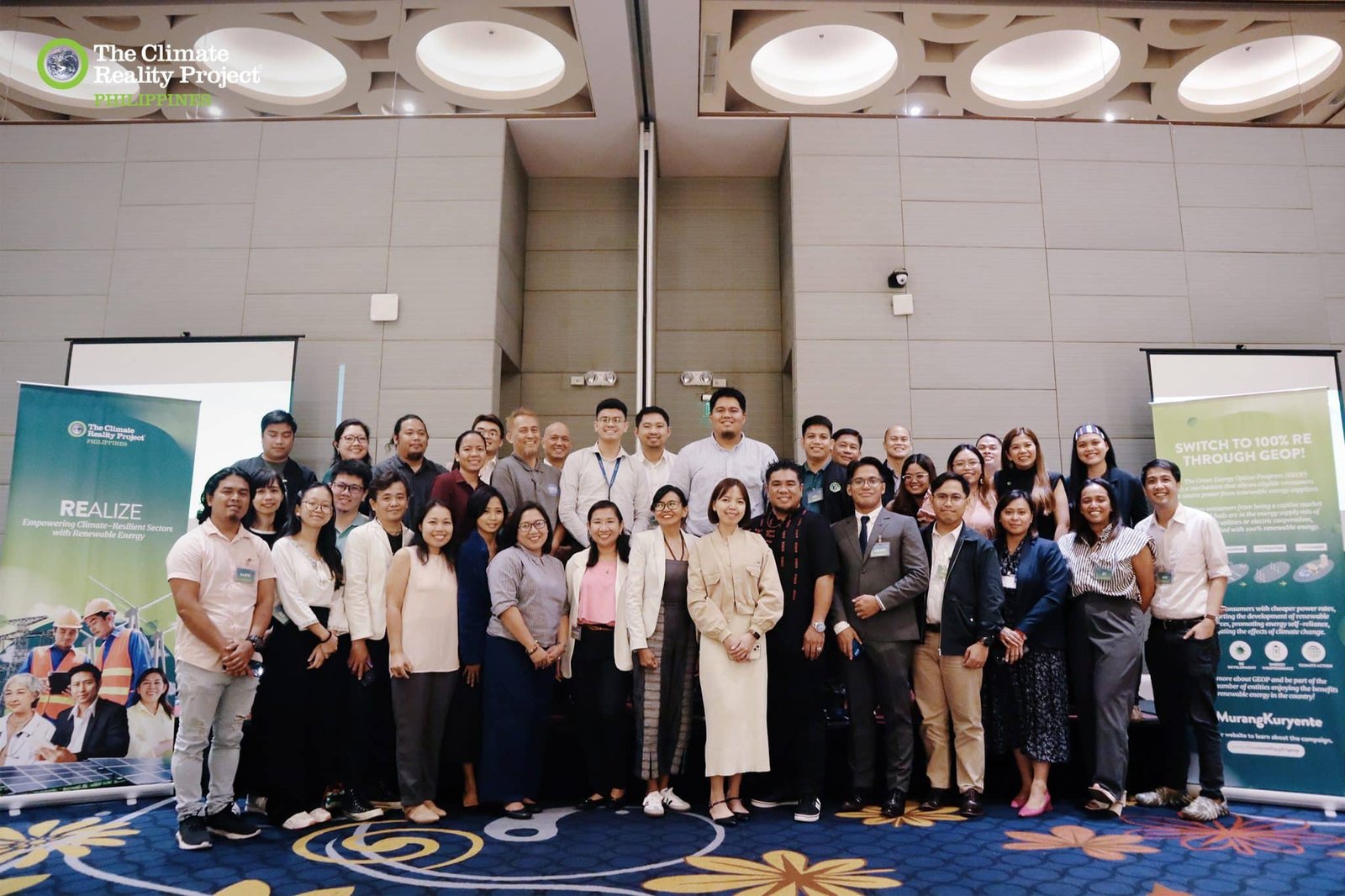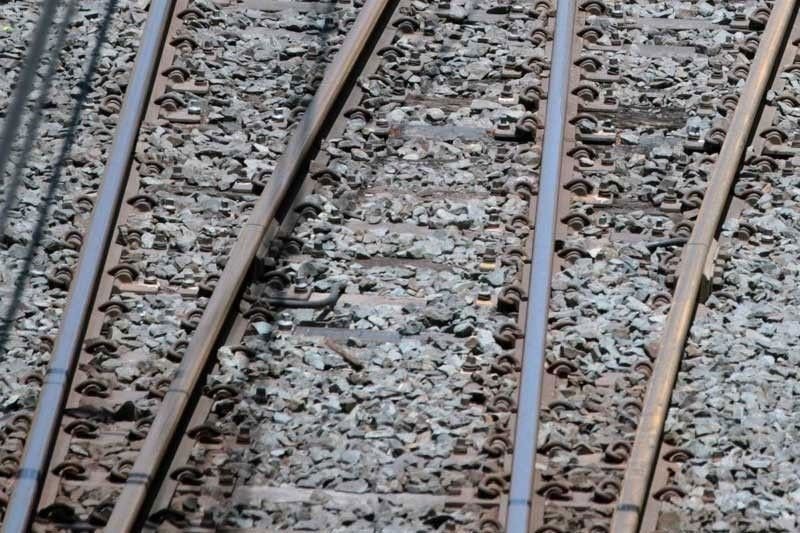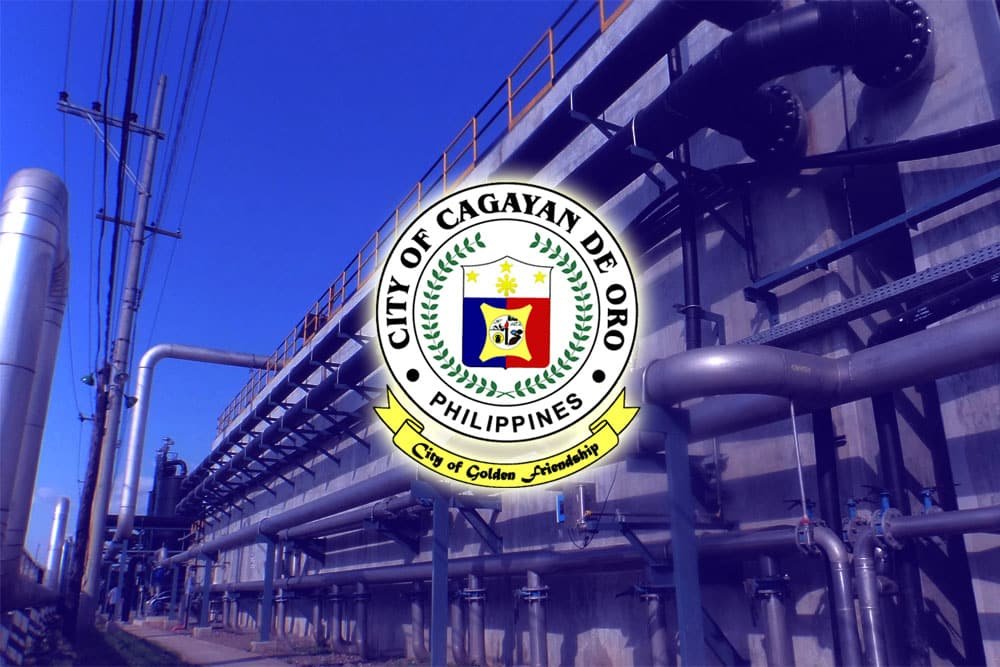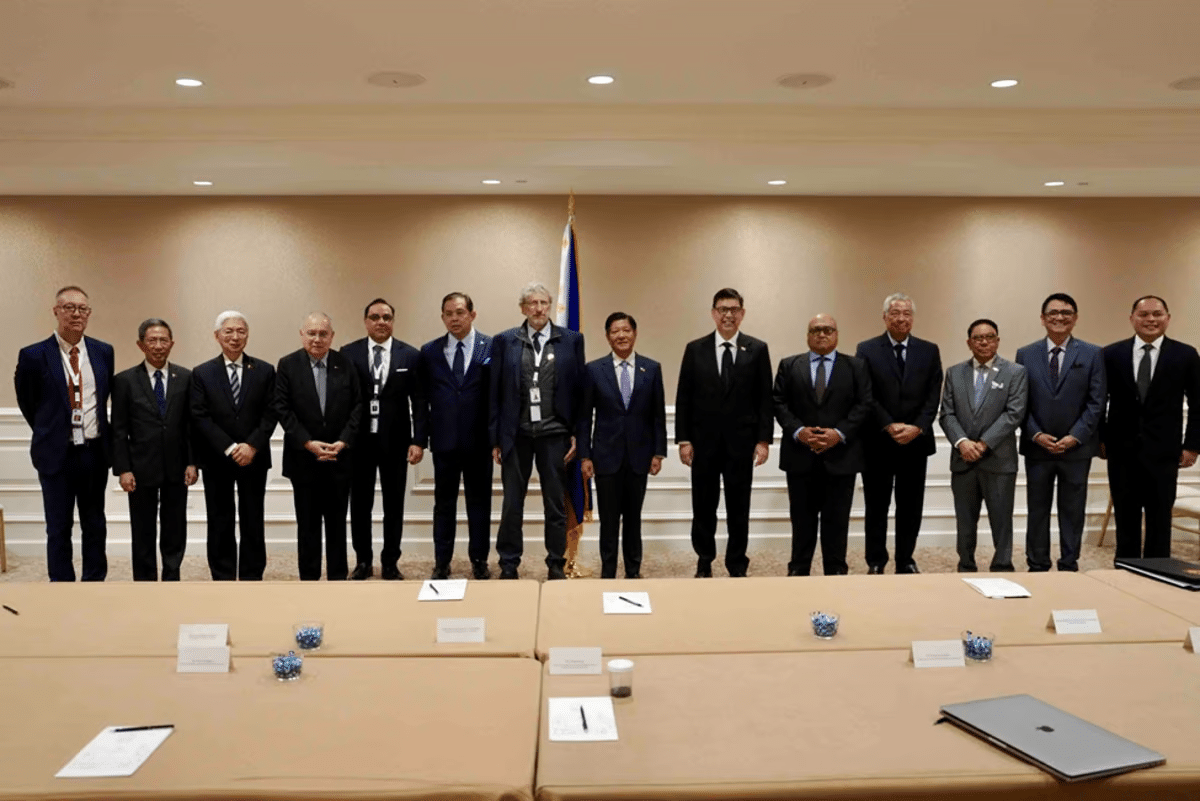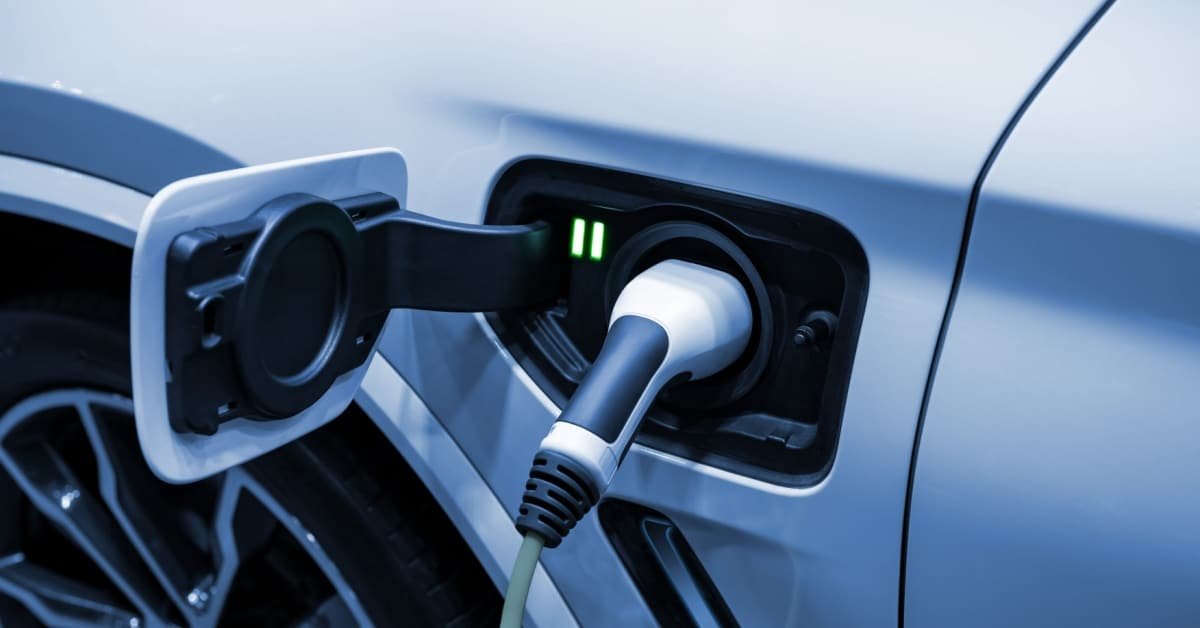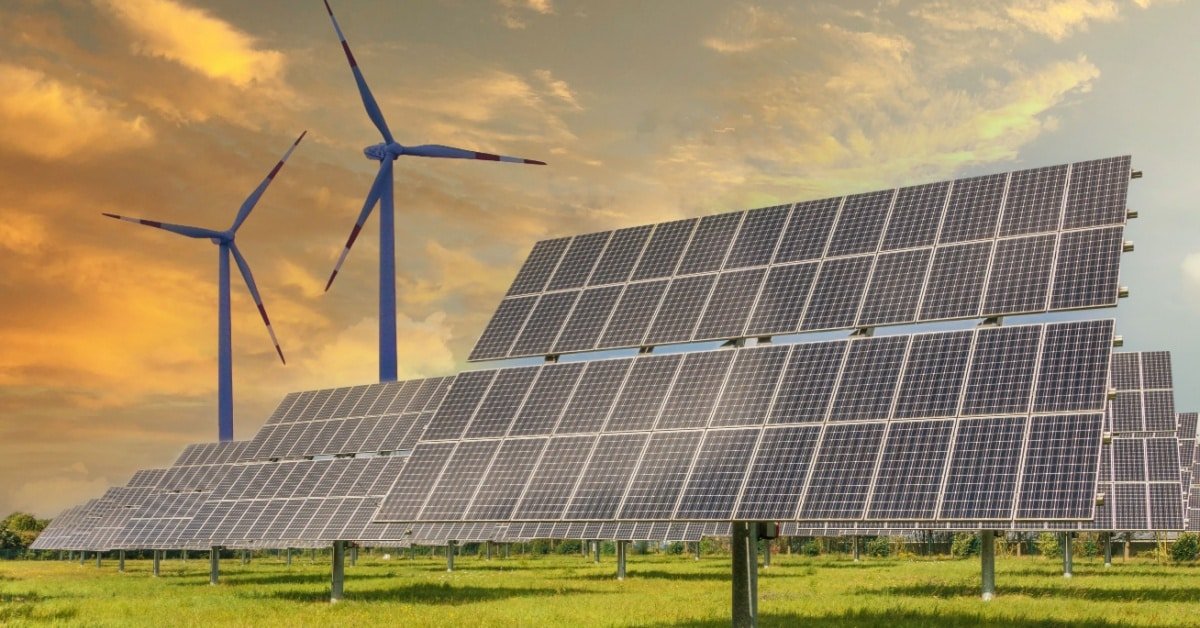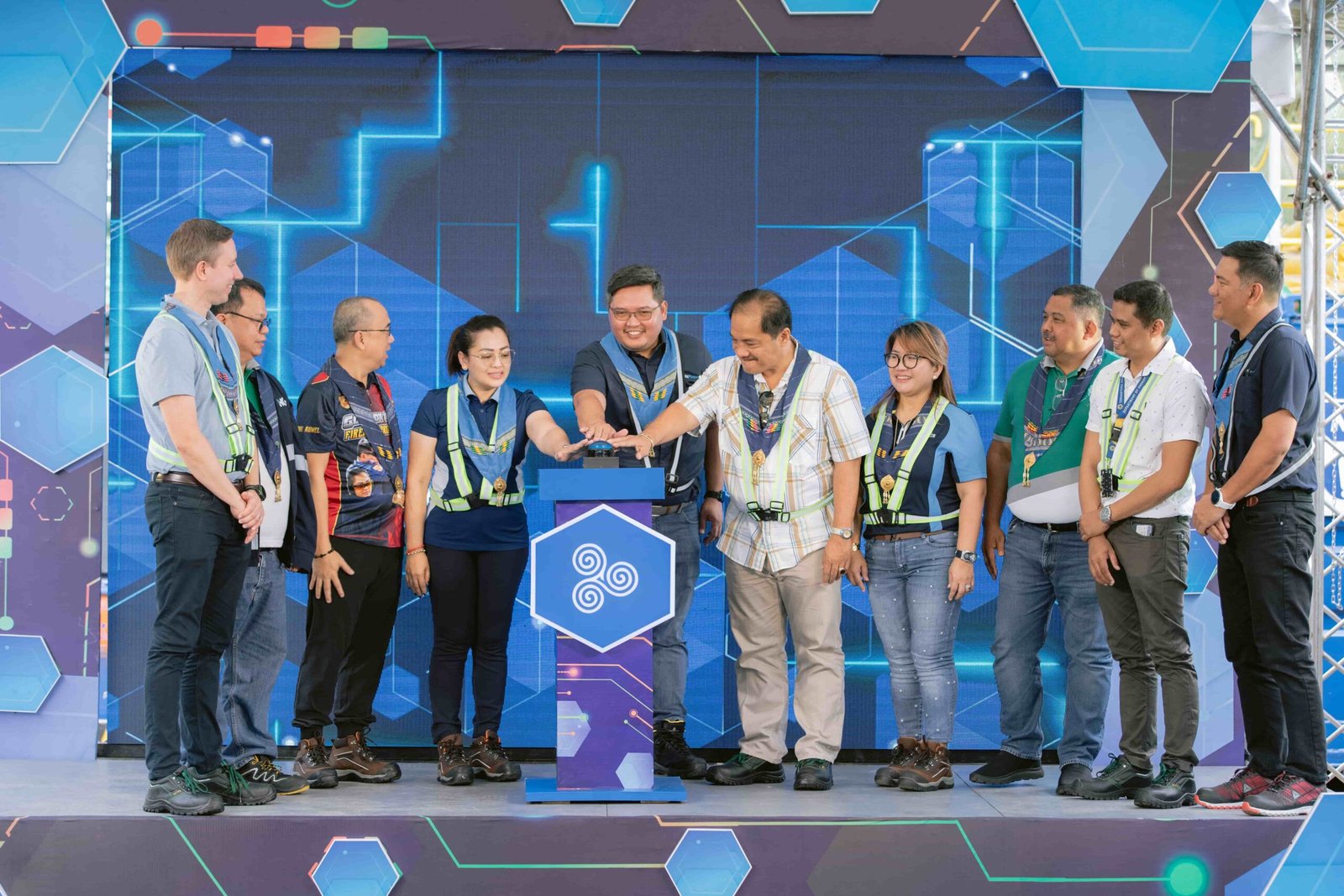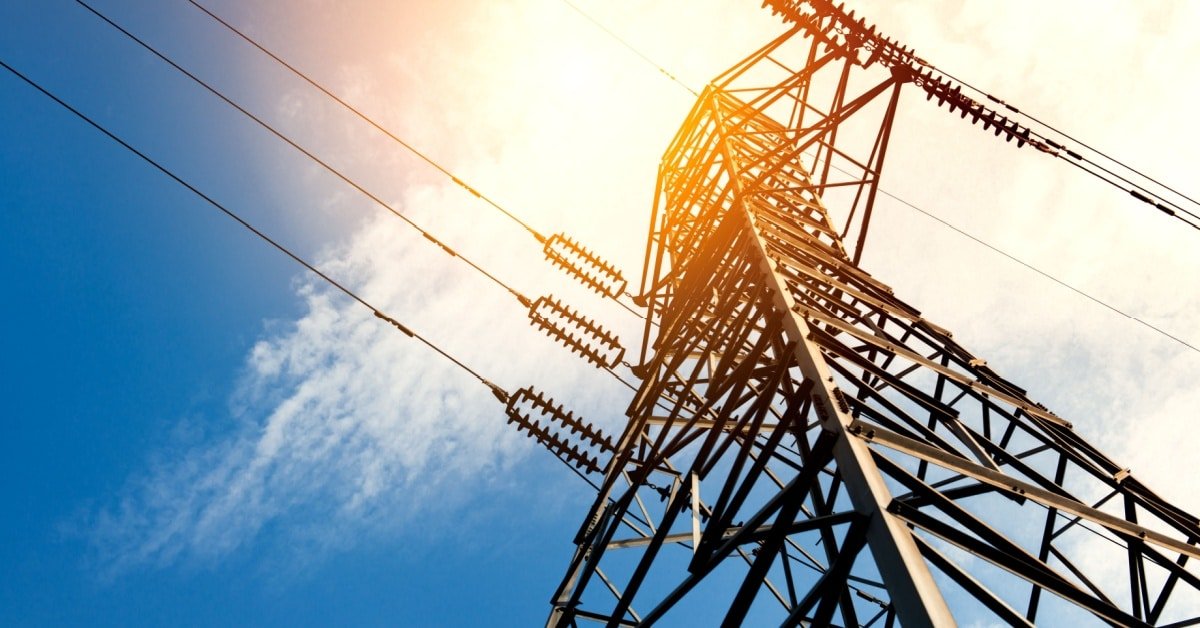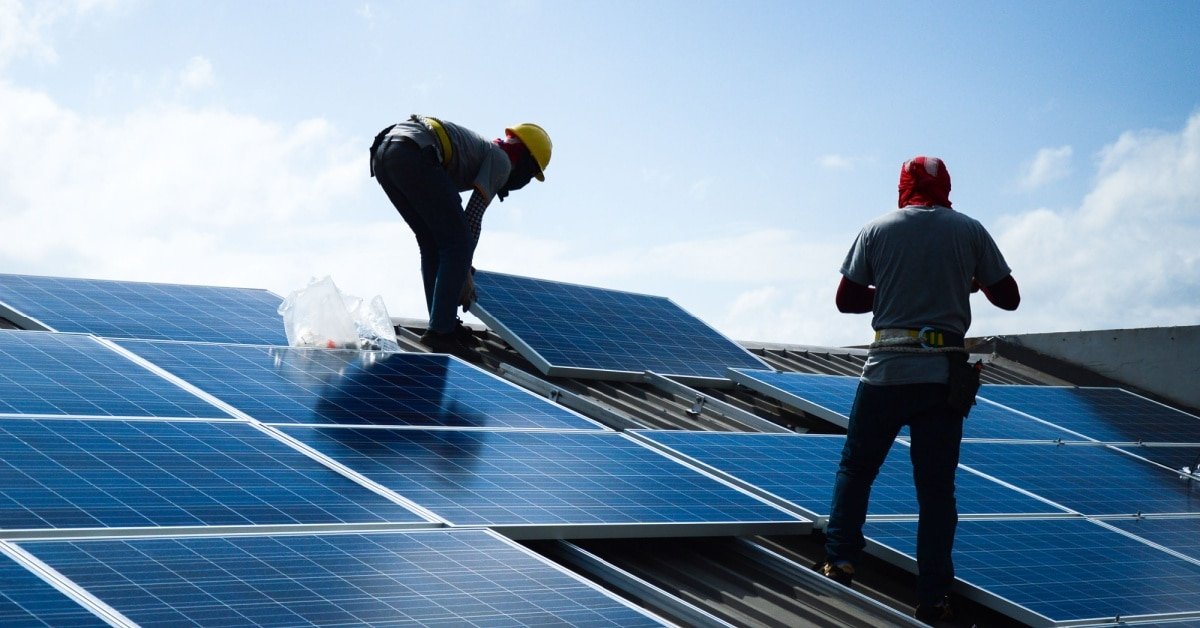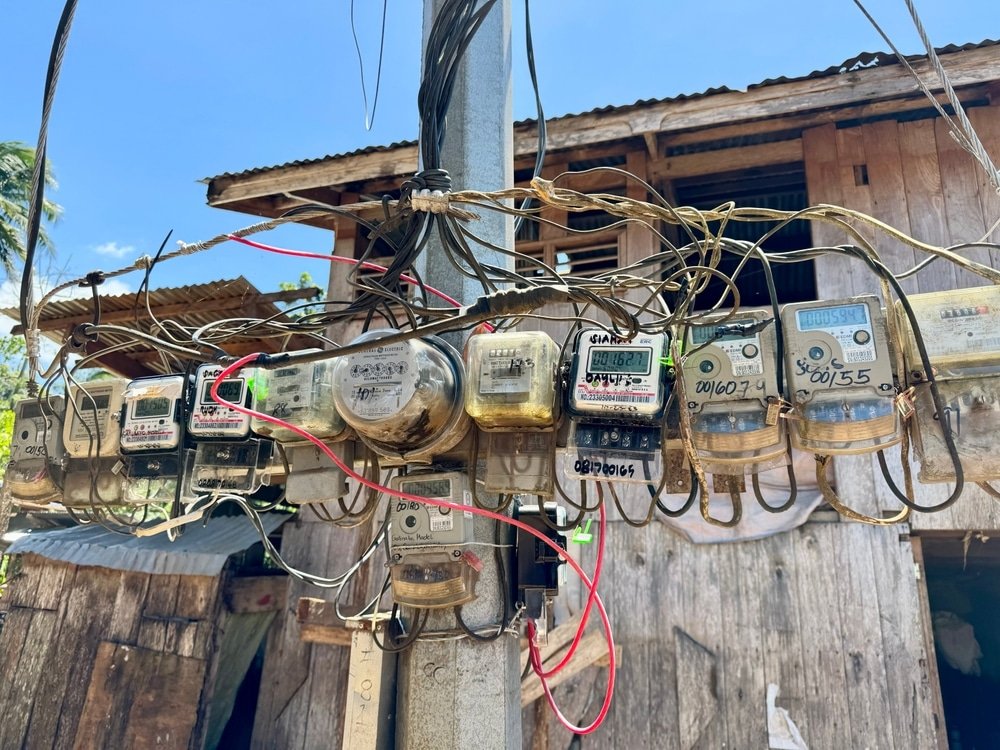
This Power Plant Is A First for Mindanao
Key Takeaways:
- A new hybrid power plant was officially launched in Sibutu, Tawi-Tawi, aimed at providing 24/7 electricity to the island municipalities of Sibutu and Sitangkai in Mindanao.
- The hybrid power plant is part of the Renewable Energy Technology for Seaweeds Value-Added (RETS) project.
- This is expected to generate more income opportunities, improving household livelihoods and the ability to pay for energy services, ensuring the long-term viability of the initiative.
- ASEP, which also promotes energy efficiency and builds local capacity for climate-resilient solutions, has directed a significant portion of its funding towards Mindanao.
The Mindanao Development Authority (MinDA), the Bangsamoro Autonomous Region in Muslim Mindanao (BARMM), the European Union (EU), and the United Nations Industrial Development Organization (UNIDO) officially launched a hybrid power plant in January 2024. This was designed to provide round-the-clock electricity to the island municipalities of Sibutu and Sitangkai in Tawi-Tawi.
This hybrid power plant is part of the Renewable Energy Technology for Seaweeds Value-Added (RETS) project, a collaboration among MinDA, the EU, UNIDO, and local stakeholders, including the Provincial Local Government of Tawi-Tawi, the Ministry of Agriculture, Fisheries and Agrarian Reform (MAFAR-BARMM), MSU Tawi-Tawi College of Technology and Oceanography, the Tawi-Tawi Electric Cooperative (TAWELCO), and AIEC Island Light and Water Corp.
With a total investment of over PHP 225.5 million, of which PHP 168.5 million is funded by the EU, the project aims to provide reliable electricity to approximately 15,000 seaweed farmers in the area. In addition to expanding access to electricity, RETS also aims to boost local livelihoods by improving the quality and value of the seaweed products produced by these communities.
EU Ambassador to the Philippines Luc Véron emphasized the importance of this initiative, stating, “The EU is proud to support the household electrification goals of the Philippine government, ultimately contributing to sustainable socio-economic development and poverty reduction.”
MinDA Secretary Maria Belen S. Acosta expressed gratitude for the continued partnership with the EU, noting, “The EU Delegation has long been a partner of MinDA in advancing peace and development. We are thankful for their support in our efforts to achieve a balanced and sustainable energy mix for Mindanao, particularly in off-grid communities.”
She also highlighted the project’s broader impact, saying, “By generating more income opportunities, we are not only helping improve the livelihoods of households, but also their ability to pay for energy services, ensuring the long-term sustainability of this initiative.”
About RETS and ASEP:
RETS is part of the EU’s Access to Sustainable Energy Program (ASEP), a broader initiative aimed at promoting renewable energy across the Philippines. ASEP, with a total investment of EUR 66 million (PHP 4 billion) from 2016 to 2022, supports rural electrification in off-grid and remote areas through renewable energy solutions like solar home systems and hydropower.
The program also promotes energy efficiency and builds local capacity for climate-resilient solutions. ASEP’s main partners include the Department of Energy, the Energy Regulatory Commission, the National Electrification Administration, and the Climate Change Commission, as well as civil society organizations. A significant portion of ASEP funding is focused on Mindanao.
Source: MinDA, BARMM, European Union, and UNIDO switch on Mindanao’s first hybrid power plant

